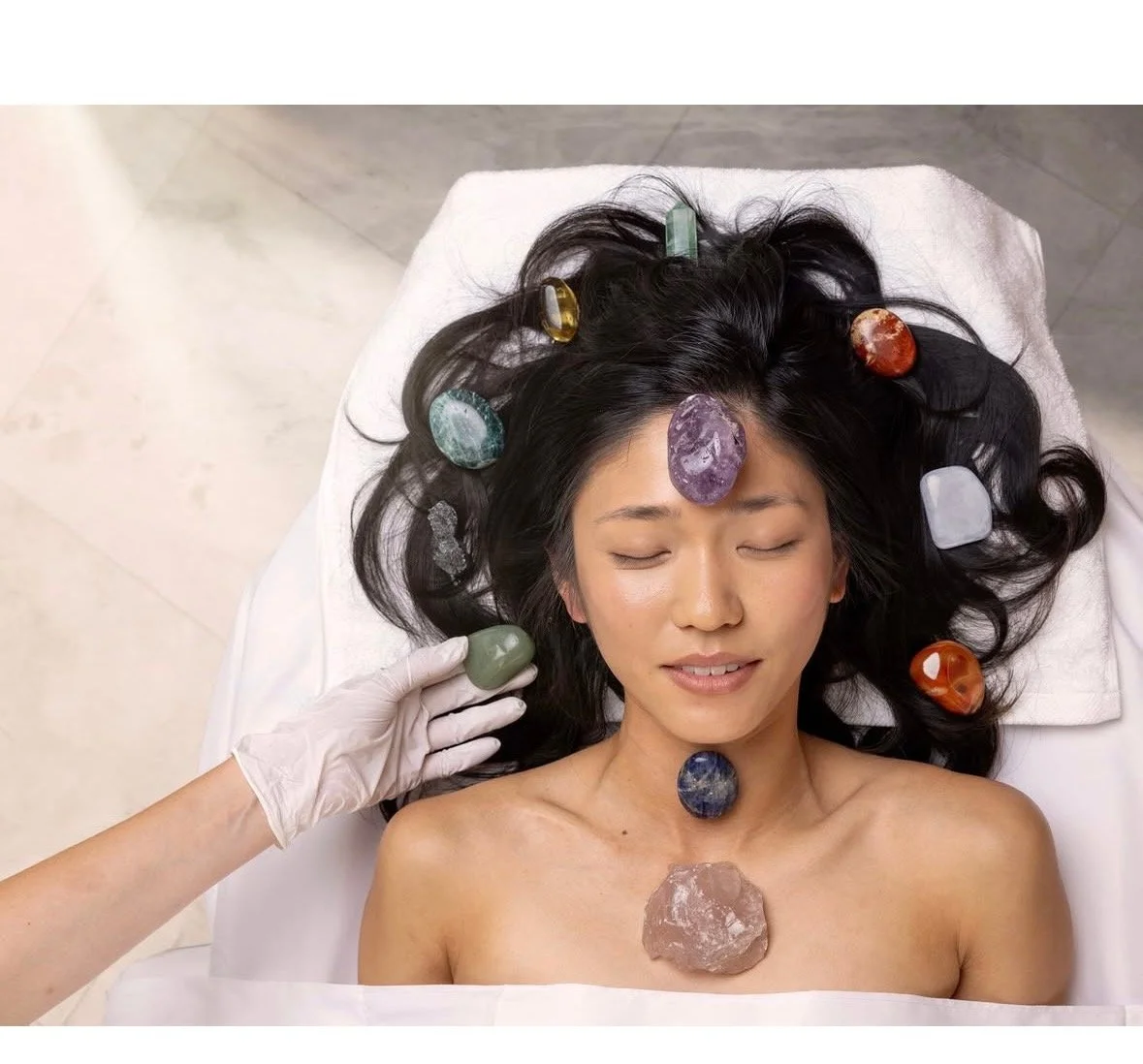Overcoming Imposter Syndrome as a Mentor
Feeling like a fraud, that you don't quite belong in the mentorship role you've been given, is a feeling more common than you might think. It's called imposter syndrome, and it's not just you; it affects countless mentors across various fields, including the beauty industry. Let's talk about how to recognize these feelings for what they are and navigate through them to become the empowering mentor you're meant to be.
Recognizing Imposter Syndrome
Imposter syndrome often manifests as a persistent belief that you're not truly qualified for the roles and accomplishments you've achieved, accompanied by a fear of being exposed as a "fraud." For mentors, this can translate into doubting your ability to guide and influence your mentees effectively. It might come as thoughts like "I'm not good enough to be doing this" or "What if they find out I don't have all the answers?"
Understanding Its Roots
The roots of imposter syndrome often lie in our comparison with others and the internalization of unrealistic standards of success. In the mentorship context, it might stem from comparing your journey or teaching style to those of other mentors, forgetting that each path is unique and valuable in its own right.
Strategies to Overcome Imposter Syndrome
Acknowledge Your Feelings: The first step to overcoming imposter syndrome is acknowledging it. Recognize that these feelings are common among mentors and don't reflect your actual abilities or accomplishments.
Reframe Your Thoughts: Start reframing negative thoughts. Instead of seeing a successful session with a mentee as just "getting lucky," view it as evidence of your skill and dedication.
Celebrate Your Achievements: Regularly remind yourself of your accomplishments and the hard work that got you here. Keep a success journal or a list of positive feedback from mentees and peers to look back on when doubts creep in.
Focus on Providing Value: Shift your focus from your fears to what you're offering your mentees. Remember, mentorship is about guiding and supporting someone else's growth—your value doesn't come from being perfect but from being present and committed.
Seek Support: Talk about your feelings with trusted peers or mentors of your own. Often, they can provide perspective that challenges your self-doubt and might share their own experiences with imposter syndrome.
Embrace Continuous Learning: Accept that not having all the answers is part of the mentorship. It's an opportunity for continuous growth, both for you and your mentees. This mindset can transform feelings of inadequacy into a journey of shared learning.
Personal Anecdote
Let me share a bit from my own journey. There was a time when I felt utterly unqualified to mentor anyone. Despite years in the beauty industry, stepping into a mentorship role filled me with doubt. It took a mentee's feedback—seeing the genuine impact of our sessions on her confidence and skills—to begin shifting my perspective. I realized that mentorship isn't about being an infallible expert; it's about being a guide, a supporter, and sometimes, a fellow learner.
Embracing Your Role as a Mentor
Overcoming imposter syndrome doesn't happen overnight. It's a process of self-reflection, acceptance, and growth. Remember, being chosen as a mentor is a recognition of your unique perspective, your experiences, and your ability to guide others. Embrace it.
Your journey, with all its ups and downs, has equipped you with invaluable insights and lessons that can profoundly impact your mentees. By overcoming imposter syndrome, you not only reaffirm your value as a mentor but also open yourself up to the rewarding experience of witnessing your mentees grow and flourish. So, here's to overcoming those doubts and stepping confidently into your role as a mentor. The beauty industry—and your mentees—need what only you can offer.









